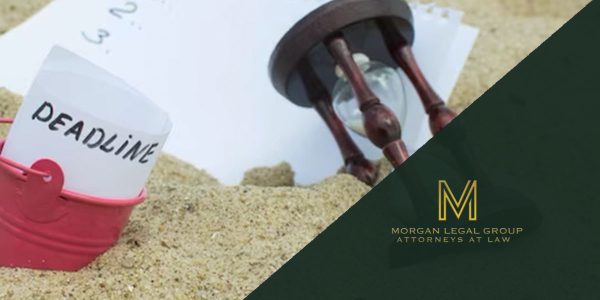Can I Do My Own Probate in Florida?
Probate is the legal process of administering the estate of a deceased person. In Florida, like many other states, it can be a complex and time-consuming procedure. If you’ve lost a loved one, you might be wondering if you can handle the probate process on your own. This article explores the ins and outs of probate in Florida and helps you decide when it’s wise to seek legal counsel, particularly from Morgan Legal Group, based in Miami.
Understanding Probate in Florida
Probate in Florida involves several steps, including:
- Proving the validity of the deceased’s will (if one exists).
- Identifying and appraising the deceased person’s assets.
- Settling outstanding debts and taxes.
- Distributing the remaining assets to beneficiaries as per the will or Florida’s intestacy laws.
These processes may seem straightforward, but they can quickly become complicated due to Florida’s specific legal requirements. For example:
Complex Legal Requirements
Florida has unique legal provisions that affect probate, such as the Homestead Exemption, which protects a decedent’s primary residence from creditors. Navigating these complexities requires a deep understanding of Florida probate law.
Document Preparation
Probate involves extensive paperwork, including court filings, notices to creditors, and inventories of assets. Accurate and timely document preparation is vital to ensure the process proceeds smoothly.
Creditor Claims
Florida has stringent rules regarding creditor claims. Properly handling these claims is crucial to avoid legal issues down the road.
Potential Disputes
Disputes can arise among beneficiaries or between beneficiaries and the personal representative (executor). Handling these disputes requires legal expertise to ensure a fair resolution.
When You Can Handle Probate on Your Own
In Florida, you can technically handle probate without legal counsel. If the estate is minimal, has no creditors or disputes, and the deceased’s assets are straightforward to distribute, you may consider taking a simplified route.
However, it’s essential to be cautious. Even straightforward cases can turn complex quickly if you overlook a legal requirement or make an error in document preparation. Plus, probate can be emotionally taxing for those already dealing with the loss of a loved one.
When It’s Wise to Seek Legal Counsel
Probate is not a one-size-fits-all process. Seeking legal counsel is often a smart choice in the following scenarios:
- Complex Estates: If the deceased’s estate is sizable, involves multiple properties, or has intricate financial assets, legal guidance is crucial.
- Creditor Claims: Handling creditor claims is a sensitive and legally intricate process, best managed by an attorney.
- Disputes: If beneficiaries or potential heirs contest the will or engage in disputes, legal representation can help mediate and resolve conflicts.
- Unfamiliarity: If you’re not well-versed in Florida probate law or unfamiliar with the procedural requirements, an attorney’s expertise will be invaluable.
Why Consult Morgan Legal Group?
At Morgan Legal Group, located in Miami, we understand the unique complexities of probate in Florida. We offer compassionate and professional legal assistance to guide you through the probate process, ensuring that your loved one’s estate is handled efficiently and according to the law.
In conclusion, while it’s technically possible to handle your own probate in Florida, the intricacies of the state’s laws and potential complexities make legal counsel, such as that provided by Morgan Legal Group, a wise investment. It can save you time, stress, and potential legal troubles during an already challenging period.











